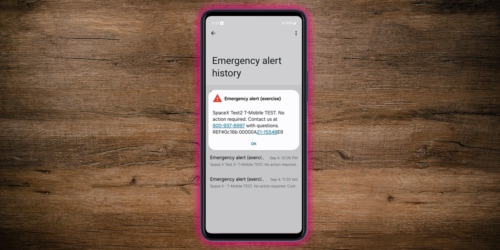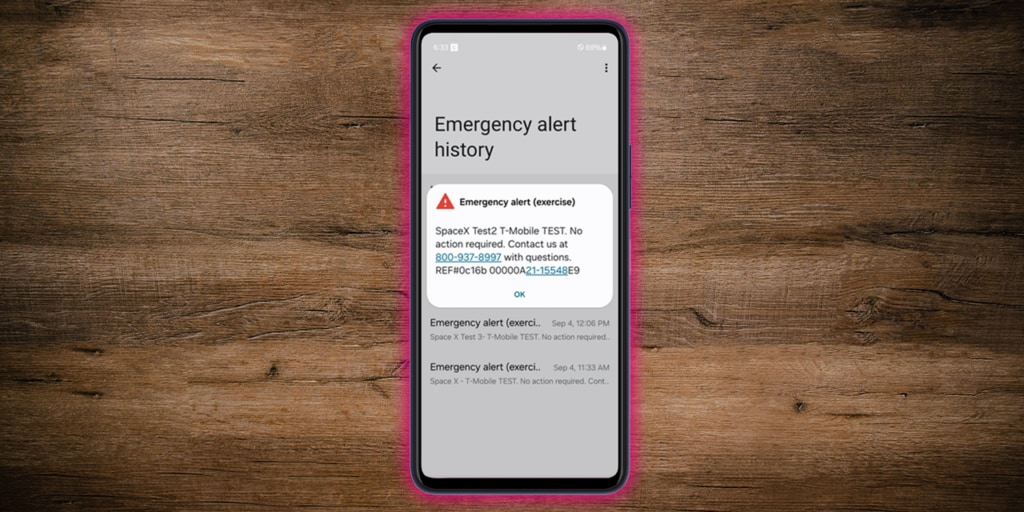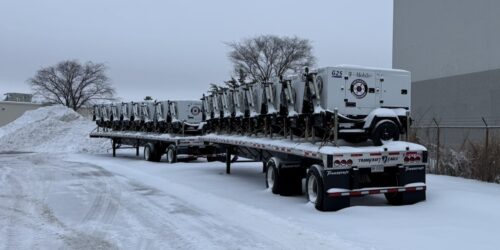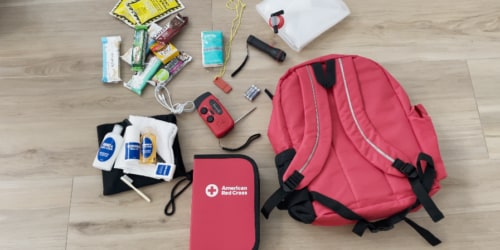BELLEVUE, Wash. — September 11, 2024 — Hurricanes, tornadoes, fires – the type of catastrophic events that often trigger a wireless emergency alert – don’t care about wireless coverage zones. Soon it won’t matter.
Today, T-Mobile (NASDAQ: TMUS) announced that it successfully sent and received – for the first time ever in the U.S. – a wireless emergency alert (WEA) via satellite. The breakthrough opens up the 500,000 square miles of lightly populated, mountainous and/or uninhabitable land across the country to critical, life-saving emergency alerts.
“This is one of those days, as the CEO of a wireless company, that makes me pause for a moment and reflect on how technology advancements and the work we’re doing is truly impacting life and death situations,” said Mike Sievert, CEO, T-Mobile.
At 5:13 PM PT on Thursday, September 5th, T-Mobile initiated a test alert for a hypothetical evacuation notice. The alert was sent 217 miles into space where it was received by one of the more than 175 Starlink direct-to-smartphone satellites currently in low earth orbit that effectively function as cell towers in space. The alert was then broadcast to a geographic area impacted by the hypothetical evacuation notice and received by a T-Mobile smartphone.
In total, it took emergency operators just seconds to queue up an emergency message and deliver that message via Starlink satellites to users on the ground.
The life-saving benefits of satellite-enabled WEAs are immense. Take the 2018 Camp Fire in Northern California as an example. The fire, which ultimately burned more than 150,000 acres, forced the evacuation of 52,000 people, destroyed 19,000 structures including most of the city of Paradise and, most devastatingly, took 86 lives, erupted in the rural Sierra Nevada mountains.
Those who lived, worked or played off the cellular network grid – relatively common in lightly populated areas with significant elevation changes – had no access to emergency alerts due to lack of wireless service coverage. The fire also took out a reported 17 cell towers on the first day of the fire and 66 total during the first two weeks of the blaze making communications – with first responders or loved ones – nearly impossible for many.
T-Mobile and Starlink, with more than 175 direct-to-smartphone satellites currently in low-earth orbit, are currently testing satellite-to-smartphone service. Additional SpaceX launches are scheduled over the coming months to add more satellites to the current constellation, further blanketing the country with wireless coverage. As that happens, T-Mobile intends to beta test the service before launching it commercially.
Follow @TMobileNews on X, formerly known as Twitter, to stay up to date with the latest company news.
###
About T-Mobile
T-Mobile US, Inc. (NASDAQ: TMUS) is America’s supercharged Un-carrier, delivering an advanced 4G LTE and transformative nationwide 5G network that will offer reliable connectivity for all. T-Mobile’s customers benefit from its unmatched combination of value and quality, unwavering obsession with offering them the best possible service experience and undisputable drive for disruption that creates competition and innovation in wireless and beyond. Based in Bellevue, Wash., T-Mobile provides services through its subsidiaries and operates its flagship brands, T-Mobile, Metro by T-Mobile and Sprint. For more information please visit: https://www.t-mobile.com
Media Contacts
T-Mobile US, Inc. Media Relations
[email protected]
Investor Relations Contact
T-Mobile US, Inc.
[email protected]
https://investor.t-mobile.com






